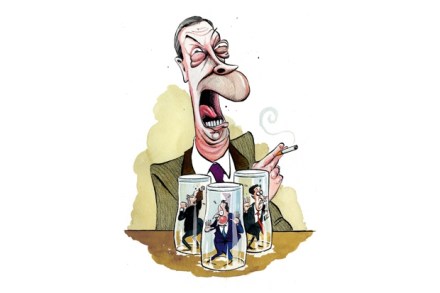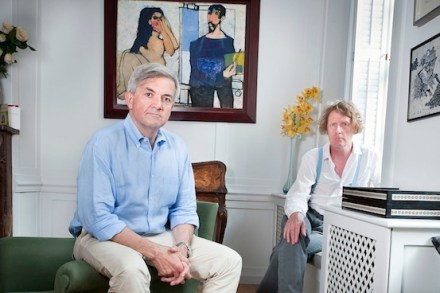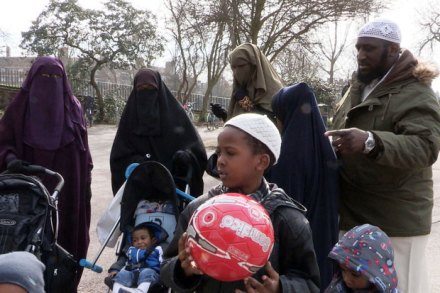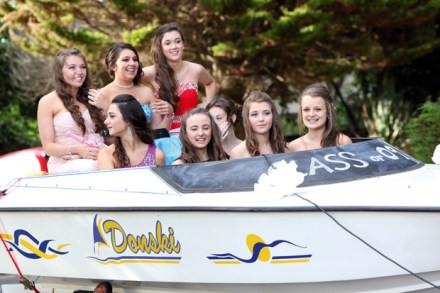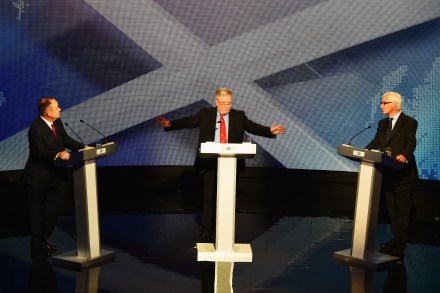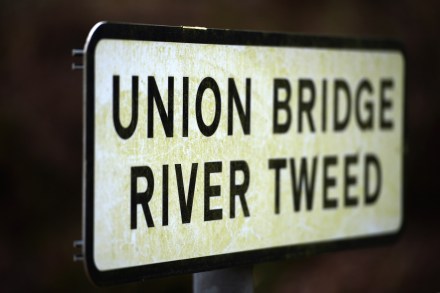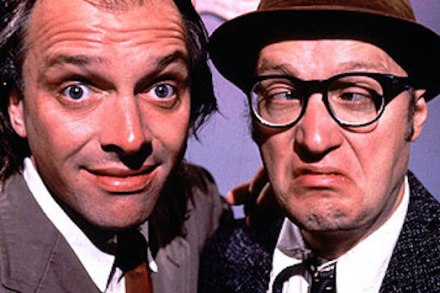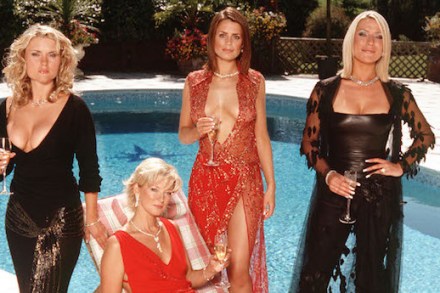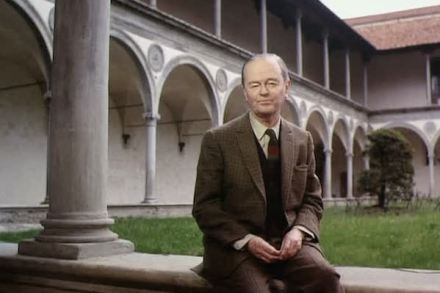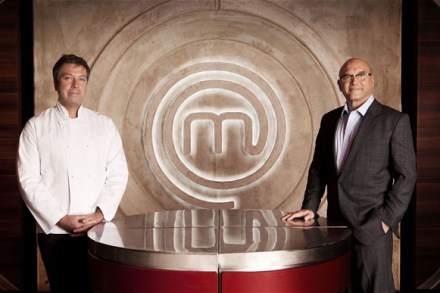Ed Miliband turns down head-to-head debate with Nigel Farage
Earlier today, Ukip leader Nigel Farage sent what appeared to be a typewritten letter to Ed Miliband challenging him to a head-to-head debate. The Labour leader has now used a more modern form of communication to respond. And, funnily enough, it’s a no: .@Nigel_Farage Bring it on. I look forward to a debate with you, @David_Cameron and @Nick_Clegg in the election campaign. — Ed Miliband (@Ed_Miliband) November 13, 2014 Actually what Miliband would dislike far more than an hour fighting Farage on television (which didn’t work out all that well for Nick Clegg when he did it before the European elections), would be any televised debate involving the Green Party, who
